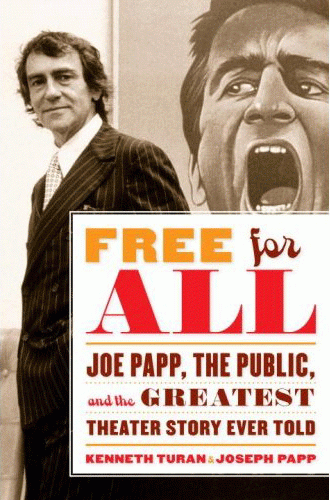
..in the period after meeting Philip Rose, Breathing Ash received several opportunities for workshop, and though each was well attended, and the play provoked all kinds of engaged conversation and interest, it had a visual component which, ultimately, was too challenging to produce.
I was left to consider how else I might engage a producer, or theatre company, to get involved with bringing the triptych to some kind of berth.
Though Breathing Ash seemed timely, as we approached 2006, it was the middle ‘panel’ of the triptych. I began to think of finding a way of having someone consider The Orion, which was the first panel. In it I established the story of 2 main characters that subsequently appear in Ash, and though there is a multi-media dimension to the work, it is a more straightforward presentation in the scheme of the plotline.
…while puzzling how I could get such a piece to the attention of an adventurous and willing company, I found myself at a birthday party, where I met Valerie Smaldone, one of the warmest guardian angels I’ve ever know. Valerie and I wound up speaking almost through the entire event, plunging into conversations on theatre, media, the economy, television, health care, and how life may sometimes give you lemons, but how it also can have unexpected moments of serendipity, which throw open French doors onto a whole new vista of possibilities.
At the time, Valerie was gearing up for a very special project presentation –producing the play of a friend of hers, Amy Coleman, called Spit It Out! The play was going to be on at Etcetera Etcetera restaurant on West 44th Street, in NY. Valerie was also acting in the piece, and asked if I’d be interested in coming to see the show. I was very interested –but life intervened, and I wasn’t able to make the show until the last evening’s performance.
When I got to the restaurant, I was shown upstairs to a makeshift cabaret theater; small cocktail tables were tightly grouped in the room, with a thin artery of space available for people to move through, getting in and out of the seating area. I have a habit of being early to anywhere I’m meant to be, and as I was shown to my own small table, I noticed most of the other tables were already tight with parties of 4 or more people. But there was one other table, with a single person at it, and within a few minutes the manager was slinging us together to share it, so he could accommodate a group of 8 that had arrived.
Once settled, we introduced ourselves to one another, his name was Joe Cacaci, and then starting making wry talk about the huddle happening about us, and the probability of the manager prying in another few tables. Our conversation soon wandered off the track and into politics, which then veered to the subject of New York, before giving us opportunity to ask what we did when not seeing plays. I told him, “I’m a playwright.” To which Joe responded, with a chuckle, “I’m a director.”
Then Joe asked about my work. Not knowing how to do things by halves, I wound up starting a conversation on how discouraging it was trying to get companies to look at new work, which slipped into a moan about the lack of such impresarios as Joe Papp -at the mention of whose name, Joe Cacaci lets lose a grin and admits that he once worked for the man, and also found the style and intuition and guidance of such men, as Joe Papp, a forgotten art of mentoring. We really started talking theatre then, and he told me stories of The Public, Shakespeare In The Park, and, with as much wit as reverence, let me in on some anecdotes of Papp’s working method and no nonsense drive.
[slideshow]
Joe Cacaci then brought me back to speaking about my work, and listened with great interest, nodding at the dilemma I described in finding companies unwilling to put in abeyance the question of whether or not adding multi-media to a play made it a film. Joe seemed to agree with my position that American playwrights had to be allowed to fumble with the toys of technology, and create a new vein of storytelling which not only embraced the challenges of the millennium, but also could speak to a deepening youth market entirely steeped in technological multi-tasking, who would find the staid wrestle of ‘is it film, or is it theater’ a numbingly boring argument to use so as not to play with the toys at hand!
All the cabaret tables were thick with occupants when our conversation came back to the evening’s entertainment, and Joe admitted, “I know one of the actresses, and I’ve been promising to come. Luckily I saw the flier on the refrigerator door this evening, saying tonight was the last show, so I hoofed it down here.” I said I knew one of them too –and, as if on queue, we both said, “Valerie Smaldone.”
The evening was great, and when Valerie came off the stage at the end of the show, she seemed happy to find us at the same table, and said to us, “That’s so terrific. I wanted the two of you to meet.”…that connection, that conversation, that serendipitous gift of Valerie’s, precipitated my working with The Berkshire Playwrights Lab, this past September, and receiving a workshop presentation of The Orion, directed by Joe Cacaci.
